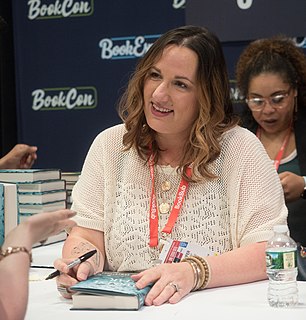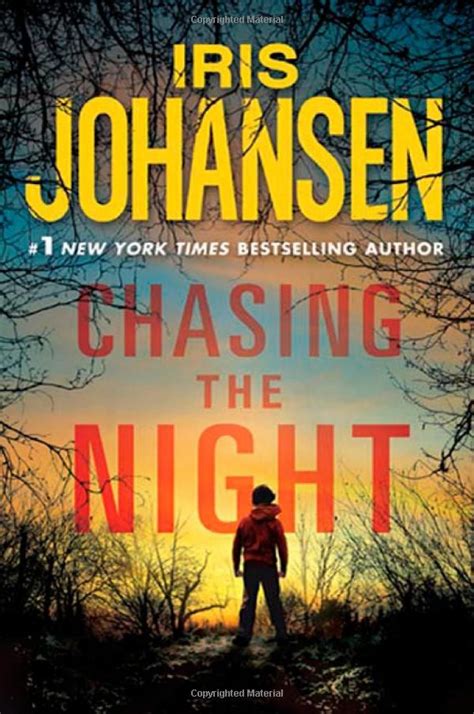Цитата Джеймса Ли Берка
Я думаю, что любое хорошее повествование содержит элемент тайны и неизвестности. Если бы это было не так, если бы сюжетная линия была предсказуема, нам было бы неинтересно ее читать.
Связанные цитаты
Любовный интерес почти всегда ослабляет тайну, потому что он вводит своего рода интригу, противоречащую попыткам детектива решить проблему. Он складывает карты и в девяти случаях из десяти устраняет как минимум двух полезных подозреваемых. Единственный действенный любовный интерес — это тот, который создает личную опасность для сыщика, но в то же время вы инстинктивно чувствуете, что это просто эпизод. По-настоящему хороший детектив никогда не женится.
Если книгу вообще стоит читать, то ее стоит прочитать не один раз. Саспенс — это самый низкий из возбуждающих факторов, предназначенный для того, чтобы у вас перехватило дыхание, когда мозг и сердце жаждут задержаться в более благородном наслаждении. Неожиданность затягивает вас; признательность заставляет вас задерживаться.
Этот элемент неожиданности или тайны — детективный элемент, как его иногда довольно праздно называют, — имеет большое значение в сюжете. Это происходит через приостановку временной последовательности; загадка - это карман во времени, и это происходит грубо, как в «Почему умерла королева?» и более тонко в полуобъяснимых жестах и словах, истинный смысл которых проясняется лишь на несколько страниц вперед. Тайна необходима для сюжета, и ее нельзя оценить без интеллекта.
Конечно, я груб. Я портлю концовку не только всей книги, но и этого конкретного ее фрагмента. Я дал вам два события заранее, потому что я не очень заинтересован в создании тайны. Тайна утомляет меня. Меня это утомляет. Я знаю, что происходит, и ты тоже. Это махинации, которые нас туда загоняют, меня огорчают, смущают, интересуют и изумляют. Есть о чем подумать. Существует много истории.

































